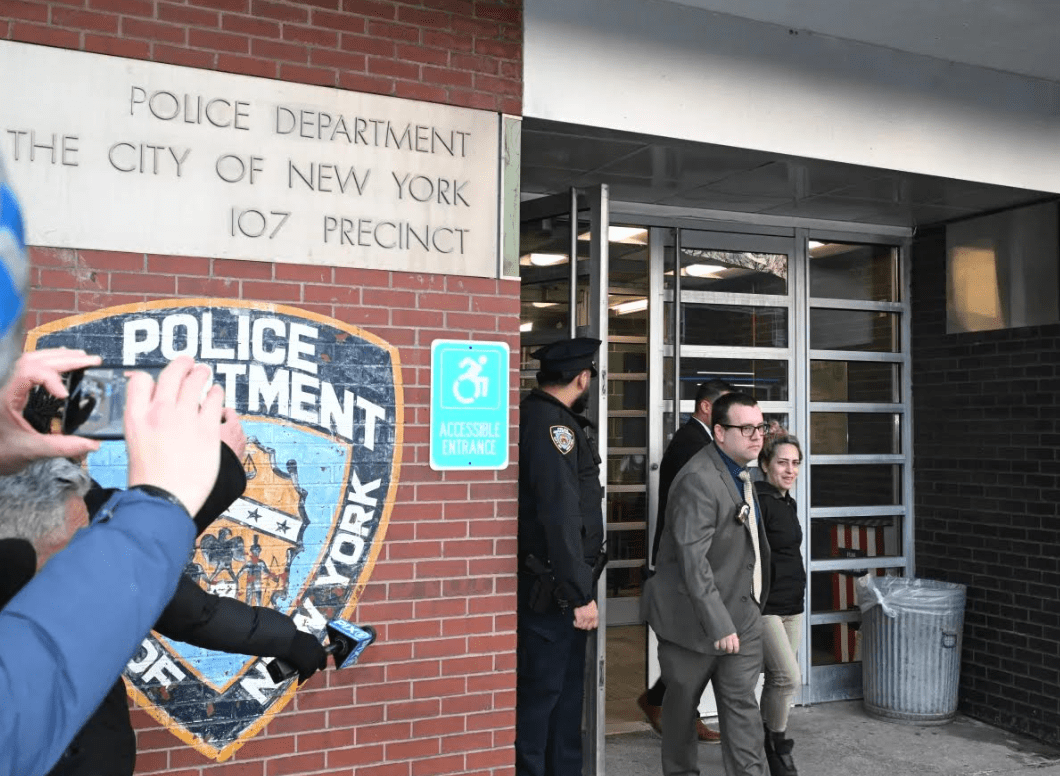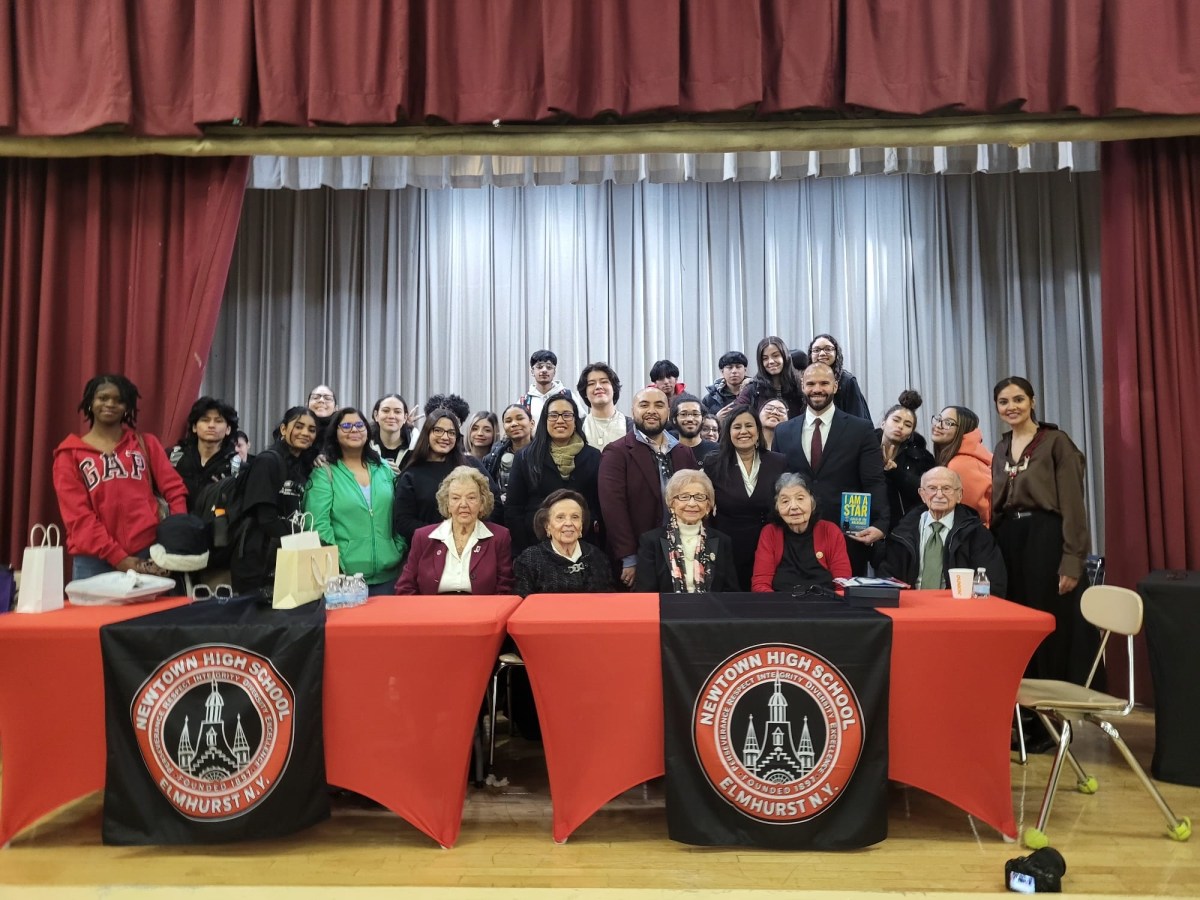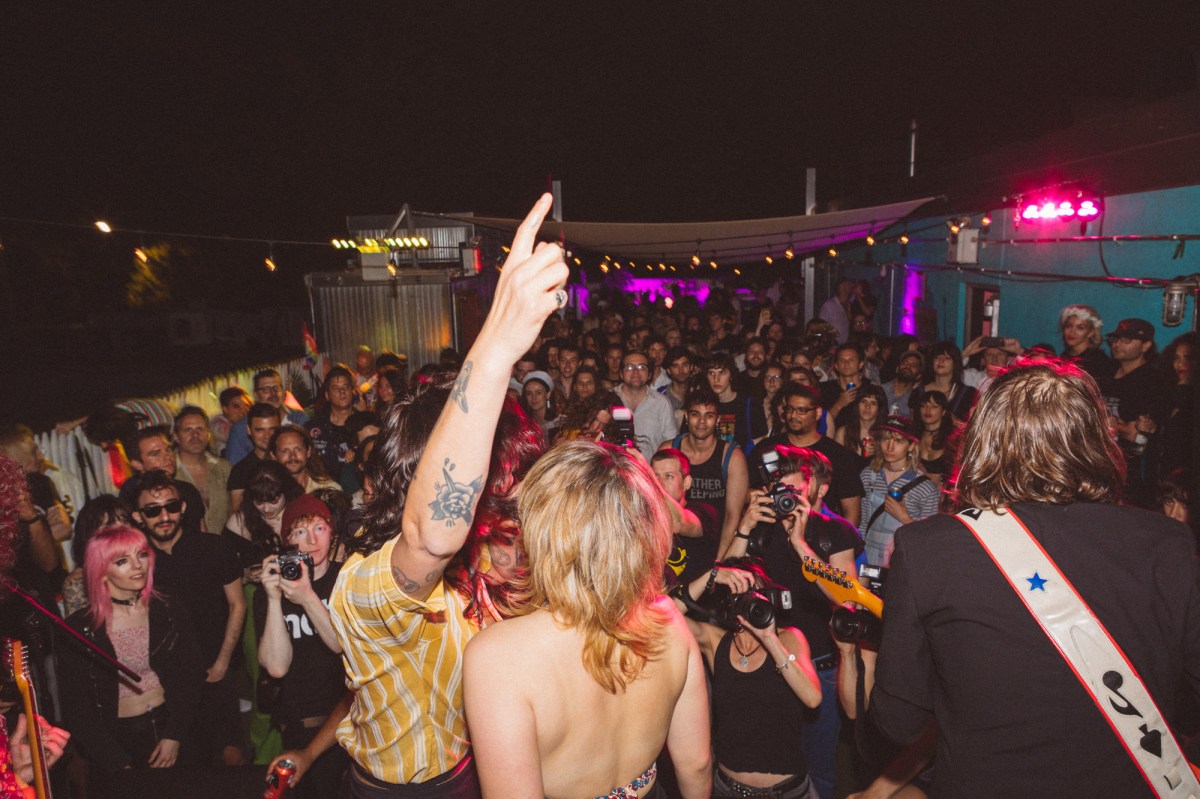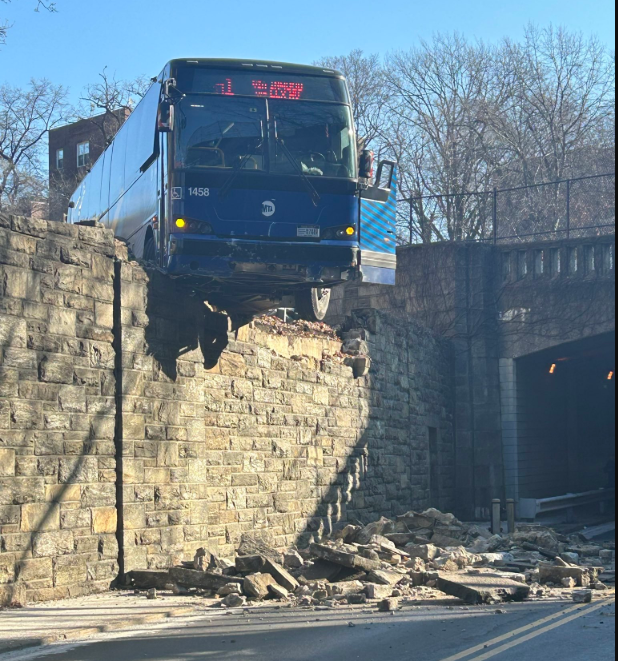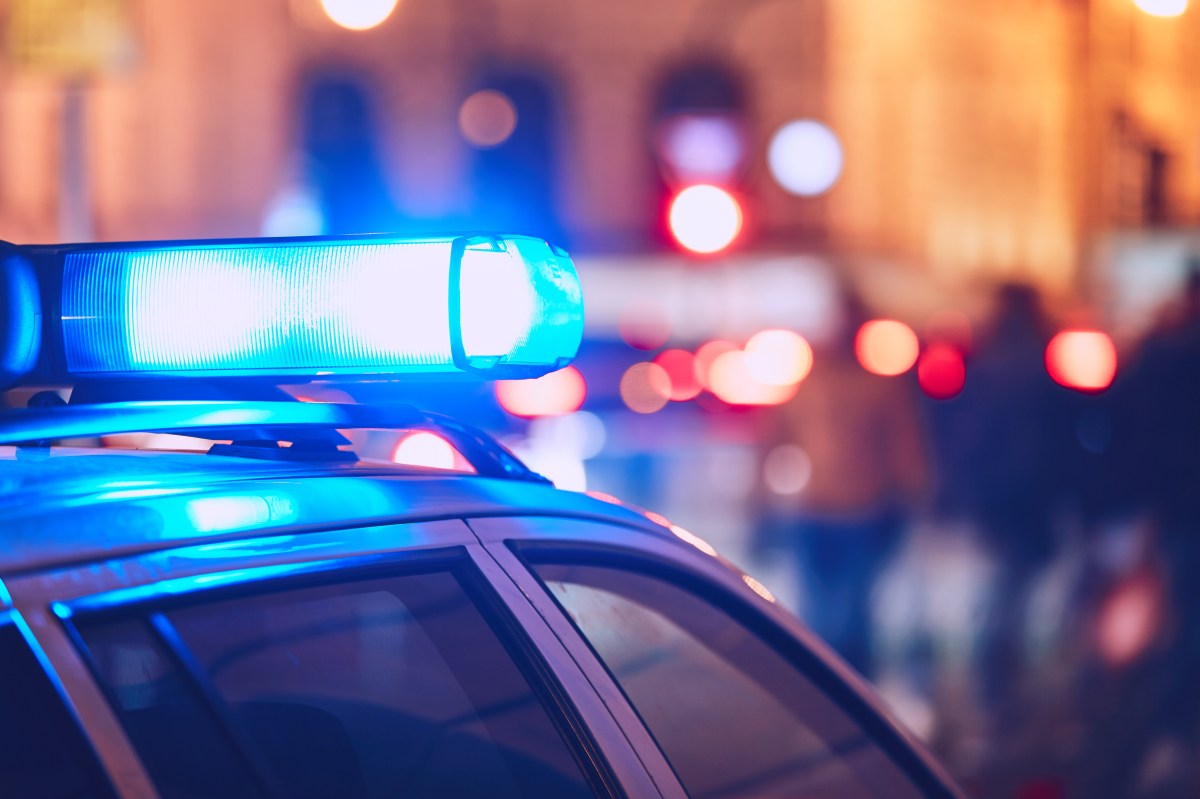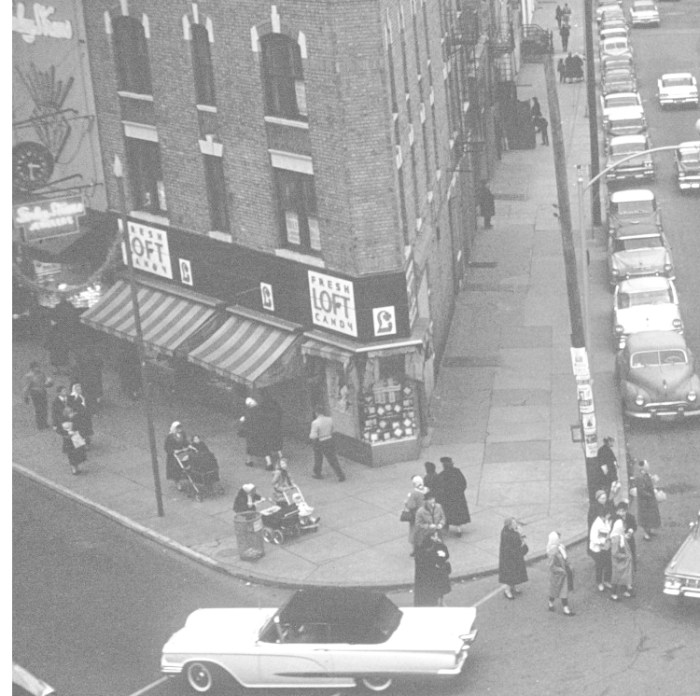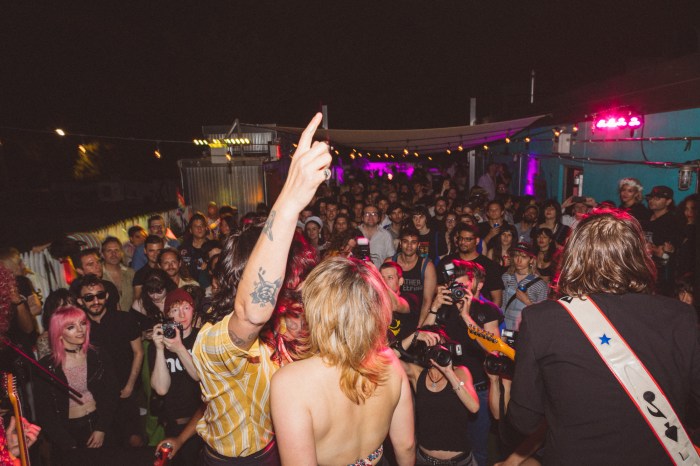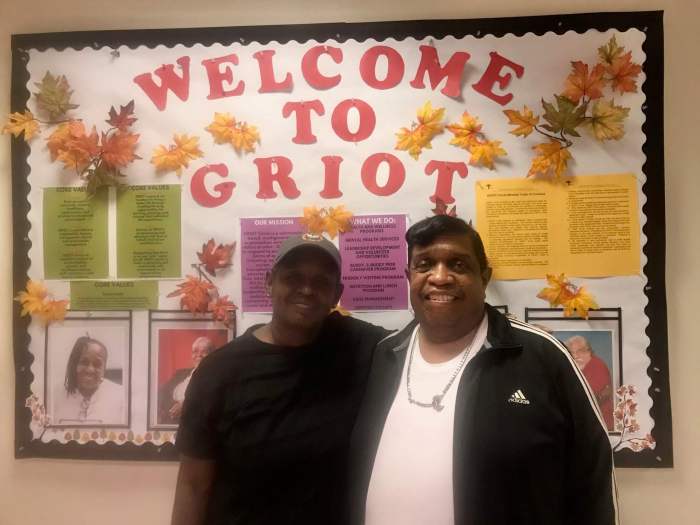
In the summer of 2015, Gov. Andrew Cuomo signed Executive Order 147, appointing the state attorney general to investigate the deaths of unarmed civilians killed by police.
The order came after high-profile police-involved killings in New York City and beyond, when distrust of law enforcement in general was simmering in areas where the deaths had occurred. Some observers hoped an outside investigation might be a way to subdue that anger, something more definite than internal police department punishments or lack thereof.
This new process has run its course for Saheed Vassell, the 34-year-old Brooklynite who was playing with a metal object that police mistook for a gun on April 4 of last year. He was fatally shot by the officers. Late last month, state Attorney General Tish James released her report, which found that the NYPD officers were legally justified in their actions.
The 59-page report includes some morbid details about the moments leading up to Vassell’s death. One civilian witness who knew Vassell from the neighborhood said Vassell gave the witness a hug when he walked by. That witness saw Vassell walk across the street and someone gave him five dollars. Soon police showed up. The report cites conflicting accounts of exactly what happened next. Multiple witnesses said they didn’t hear police say anything to Vassell before shooting. Multiple officers say they heard people yell things like “drop it.” Vassell had been diagnosed as bipolar. Some of the responding officers had never fired their guns while on patrol before. At least one helped handcuff Vassell after he was shot.
The report comes to some consensus on the 911 operator and dispatch system, which relayed definite information to police about the suspect having a gun, though 911 callers had been less certain. One of the AG’s recommendations was to expand training for operators and dispatchers.
A statement from the NYPD called Vassell’s death a tragedy and said James’ recommendations were under review.
In a meeting with amNewYork’s editorial board last week James called the report process one of the most difficult parts of her term so far, given that Vassell’s family had been “pleading with our office to take action.”
James cited a need to be “passionate” and “sympathetic” but also “objective.” Beyond the recommendations in her report, she thought the special prosecutor process had worked well.
Eric Vassell, Saheed’s father, feels differently.
“We are not happy with their decision,” he says. He said he went to the attorney general’s Manhattan office and met with James’ staff last month, but James wasn’t at the meeting. A representative for James said the attorney general previously had met with the family and that she was not in every meeting.
Vassell, 64, thought the police acted recklessly in his son’s death and that the 911 program should be changed.
The report certainly raises questions about 911 dispatching practices, which in this case didn’t give police officers full information about what they were responding to.
Vassell said he will continue pushing for something to happen in the wake of his son’s death. He has filed a civil suit against the city and the police officers who shot his son. But for now the family keeps grieving.
There is the room that Saheed used to sleep in, with colorful artwork that Saheed had purchased still hanging on the wall – an image of flowers in orange and yellow, another depicting clouds and birds flying. Now there’s also a memorial picture of Saheed with the words: “Our Beloved Saheed Ndale Vassell.” Vassell says Saheed’s mother sometimes goes into the room and cries. Saheed’s 16-year-old son sometimes sleeps there as well.
Vassell stresses that his son might have been mentally unstable, but he wasn’t known to be violent.
“Nobody should be ever killed like that,” he says. “The police are here to protect us.”











